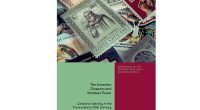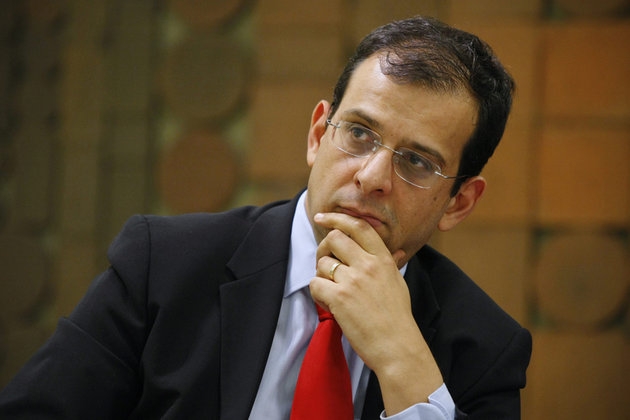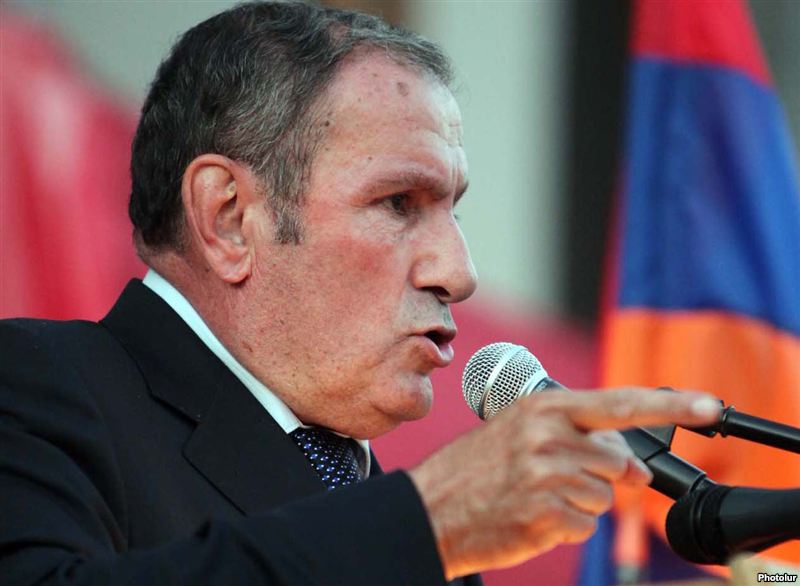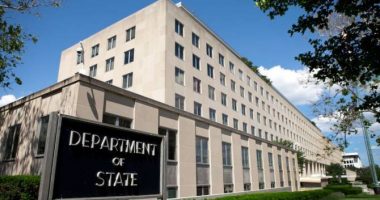By K. KHODANIAN
Reneging on promises made to Western political centers, In September Aliyev deployed its troops to Artsakh forcibly displacing over 100 thousand people from their historical homeland. This egregious behavior by Azerbaijan has not gone unnoticed in European capitals and Washington, resulting in a complete loss of trust between them.
As events unfolded, the European Union, the European Commission, and U.S. diplomacy took coordinated actions to prevent any encroachment within Armenia’s borders. Warnings to Azerbaijan were swiftly followed by the signing of a military cooperation agreement between Armenia and France. Subsequently, the initial shipments of weapons arrived in Armenia. Also, the US Senate unanimously passed a resolution aimed at ensuring Armenia’s security. It proposes the suspension of the President’s authority to bypass sub-section 907 of the “Freedom Support Act” adopted in 1992, banning any kind of direct United States aid to the Azerbaijani government. Additionally, restrictions were imposed on the travel of Azerbaijani diplomats to the United States.
In response, Azerbaijan has adopted a hostile stance, accusing Western countries of bias and refusing to participate in peace negotiations with Armenia in Brussels and Washington. Instead, Baku proposed bilateral negotiations, seemingly favoring the Azerbaijani side. Yerevan recognizes the unreliability of any agreement with Azerbaijan without an enforcement mechanism backed by international guarantees.
Earlier this week, it was reported that U.S. Secretary of State Anthony Blinken held separate telephone conversations with the leaders of Armenia and Azerbaijan, emphasizing steps toward establishing peace between the two countries. Reports from the Azerbaijani side indicated that Aliyev once again complained about “biased opinions” expressed by U.S. Assistant Secretary of State James O’Brien during a recent Congressional hearings and asked for the removal of restrictions imposed on its diplomats.
Meanwhile, James O’Brien once again warned that any attempt to reopen trade routes in a non-peaceful manner would be met with the use of all tools at the disposal of the United States government. He was undoubtedly referring to the “Zangezur Corridor” promoted by the Azerbaijani side.
Becoming over-confident after its certain military victories, the dictator of Baku believes that the West lacks the fortitude to punish him. However, a new geopolitical situation is emerging with the apparent decision in the West to weaken Russian influence in the South Caucasus region, a course that Azerbaijan is incapable of obstructing. When Europe and the United States decide to utilize their “entire toolkit,” the provocative behavior of Baku will face challenges that Aliyev’s regime must contend with.
“MASSIS”










